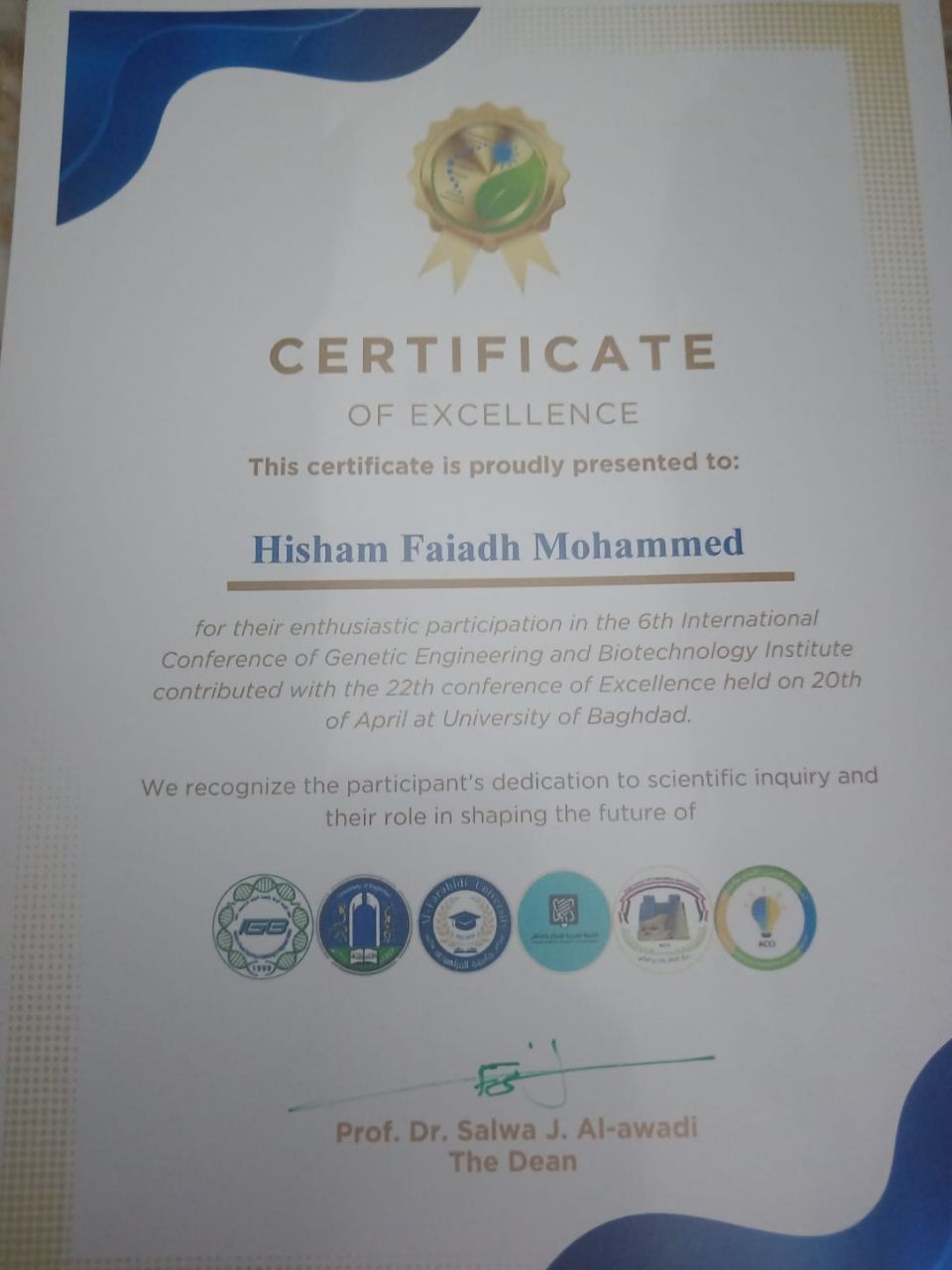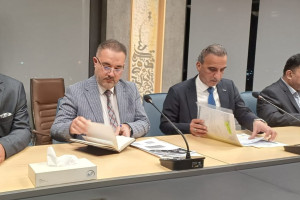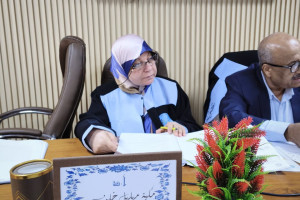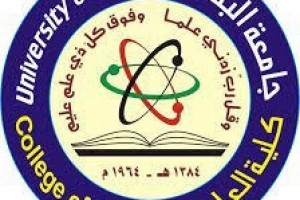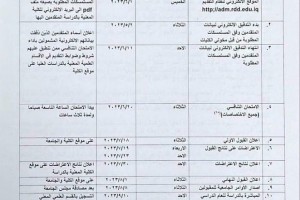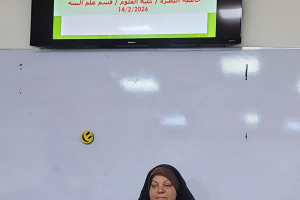
Assistant Professor Dr. Hisham Faiadh Mohammad, a lecturer at the College of Science at the University of Basrah, participated in the Sixth International Scientific Conference on Biotechnology towards a Sustainable Future, which was organized by the Institute of Genetic Engineering and Biotechnology for Postgraduate Studies at the University of Baghdad, in cooperation with Al-Farahidi University.
The conference aimed to present and highlight the most important biotechnologies and nanotechnologies in the most important industrial, agricultural, and medical applications. For example, CRISPR technology for gene editing allows for the modification of the DNA of living organisms, including humans. Scientists are seeking to use it to treat diseases, despite concerns about its use. CRISPR technology is inexpensive and easy to use, allowing scientists to edit genes using genetic "scissors" that work similarly to a word processing program. It can detect genetic abnormalities and replace them with other DNA elements. The lecturer's goal is to present a research paper titled "Novel real-time and rapid in situ bioeletrochemical nanobiosensor based on methanobactin sliver nanoparticles for detecting copper in drinkable water." The conference included five axises:
The first axis: Human molecular genetics
The second axis: Agricultural biotechnology
The third axis: Microbial genetics
The fourth axis: Nanotechnology
The fifth axis: Forensic DNA
